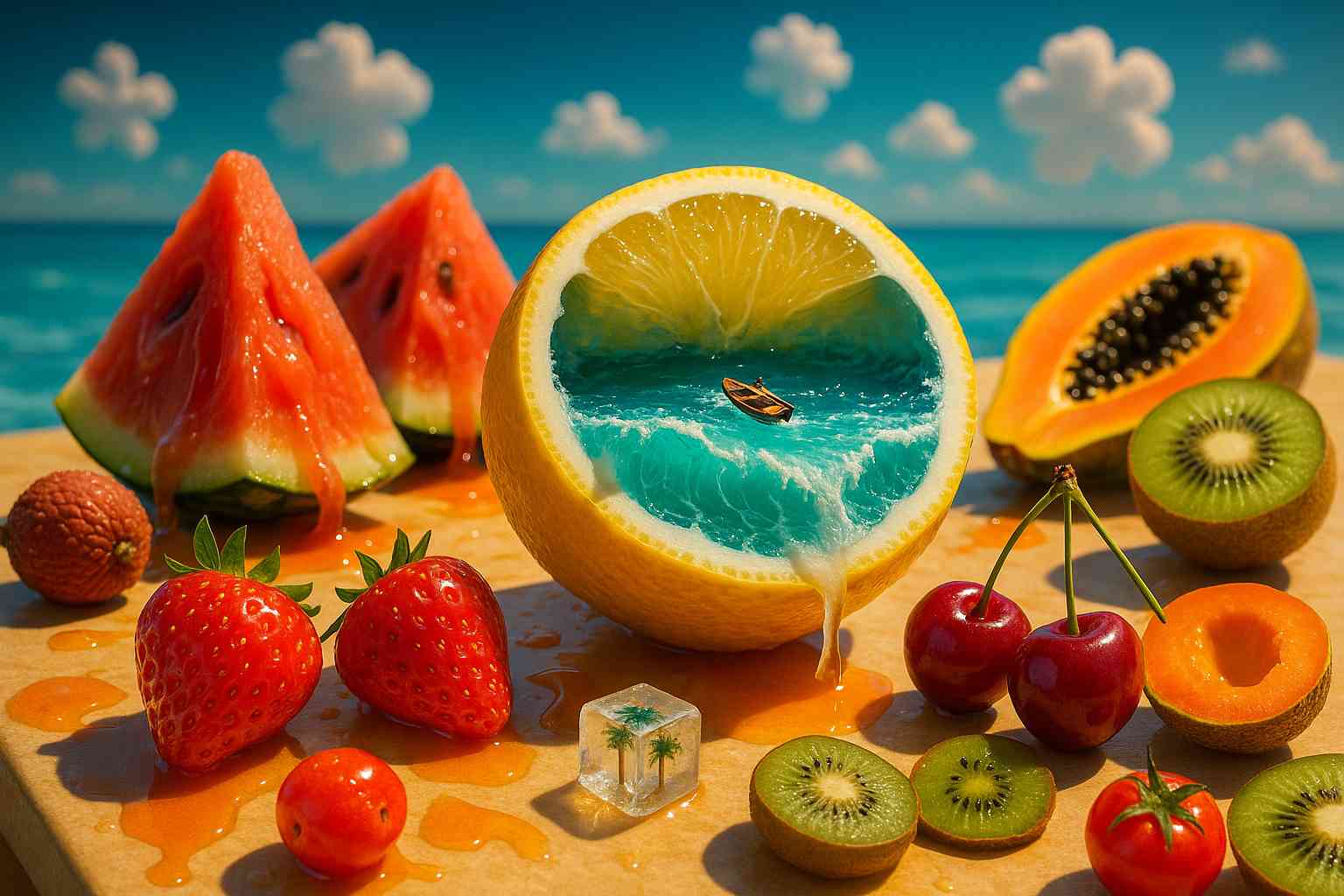When the heat rises, your body loses more fluids than usual, making hydration crucial. While drinking water is vital, nature offers another delicious solution: water-rich summer fruits. These fruits are not only refreshing and tasty but also packed with essential vitamins, minerals, and antioxidants that help replenish fluids and electrolytes. Here’s a well-researched list of the top summer fruits to keep your body hydrated and energized through the hottest days.
1. Watermelon
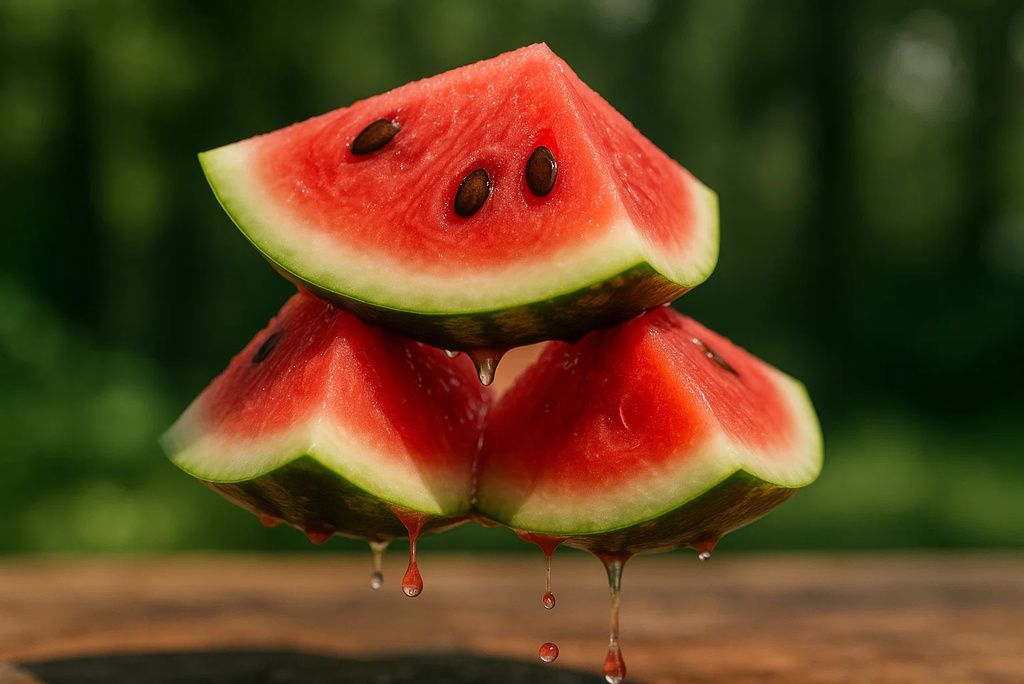
Watermelon tops the hydration chart, made up of over 90% water. Its sweet, juicy flesh is not only cooling but also packed with electrolytes like potassium and magnesium. The presence of lycopene, a powerful antioxidant, adds heart health and sun protection benefits. Watermelon seeds are also nutritious and rich in healthy fats and protein. You can enjoy watermelon slices, blend them into smoothies, or even add them to savory salads for a hydrating boost. Compared to sugary drinks, a bowl of chilled watermelon provides a more natural, low-calorie hydration option.
2. Cucumber
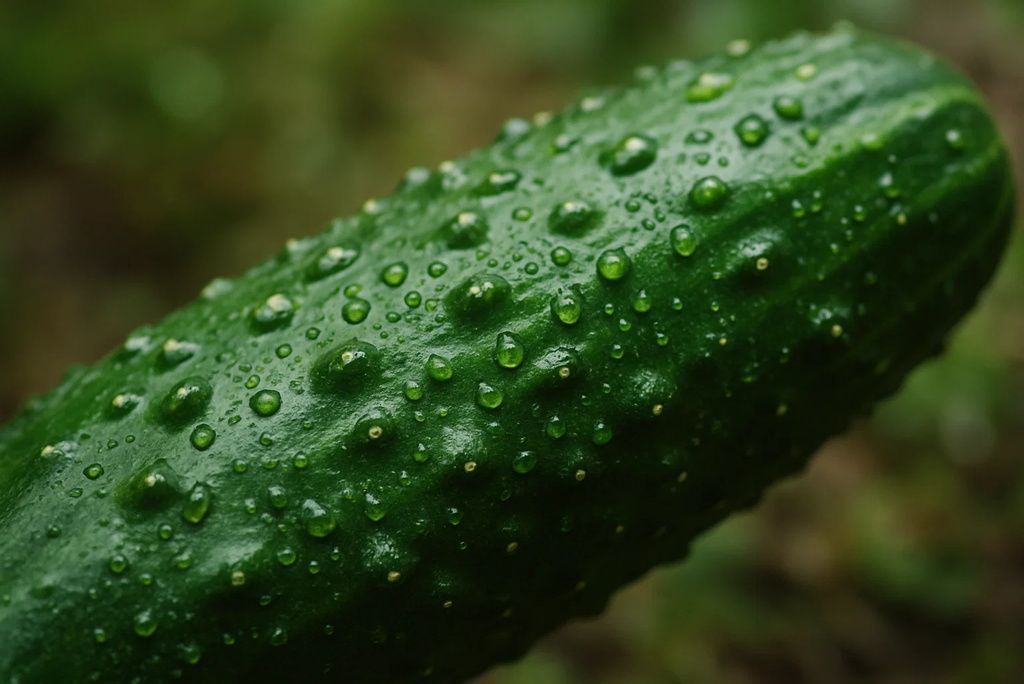
Though often considered a vegetable, a cucumber is technically a fruit and consists of about 95% water. It’s among the most hydrating foods available and is incredibly low in calories. Cucumbers are rich in silica, which promotes skin hydration and elasticity. They also contain small amounts of vitamin K, B vitamins, and potassium. Eating them raw or infused in water offers a crisp, revitalizing snack. Compared to sugary snacks or chips, cucumbers are a guilt-free way to hydrate and nourish the body simultaneously. Source: Medical News Today
3. Strawberries
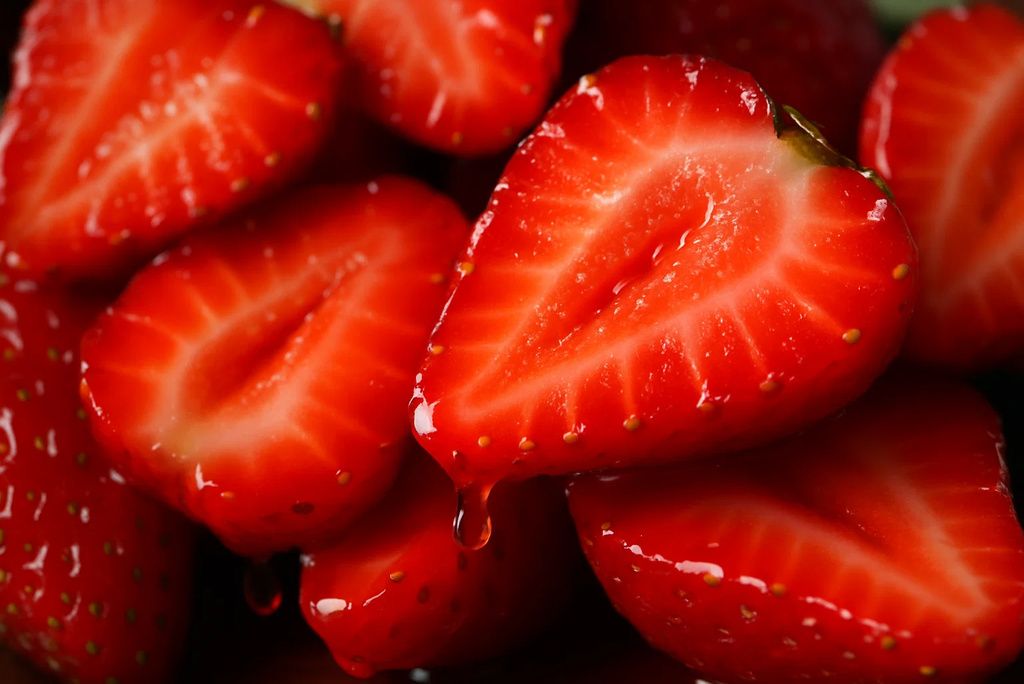
Strawberries are another hydrating powerhouse, made up of 91% water. Beyond hydration, they are rich in vitamin C, manganese, and antioxidants like anthocyanins, which fight inflammation. They make an excellent addition to breakfast bowls, yogurts, or fruit salads. Strawberries also support collagen production and immune function, enhancing your summer glow. Their seeds provide fiber, supporting digestive health and helping maintain blood sugar levels. Compared to processed fruit snacks, fresh strawberries offer superior hydration with a nutritional punch.
4. Pineapple
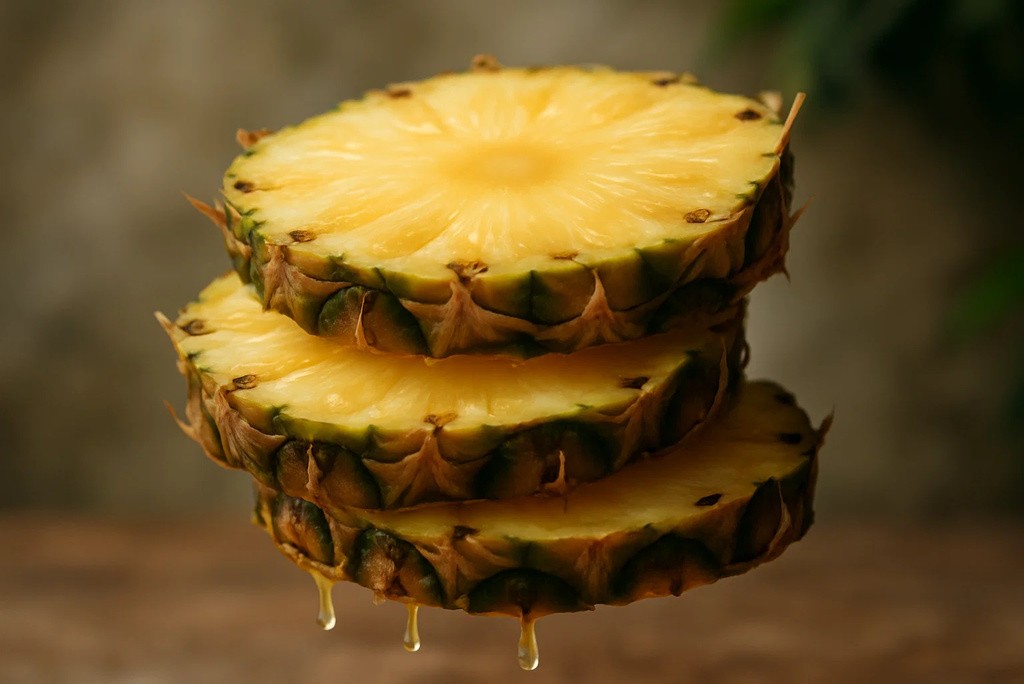
With a water content of around 86%, pineapple offers sweet, tropical refreshment along with digestive benefits thanks to its enzyme bromelain. It’s rich in vitamin C and manganese and can be consumed fresh, grilled, or blended into juices. Its anti-inflammatory effects can help soothe muscle soreness after intense physical activity. Compared to sugary tropical drinks, real pineapple offers hydration with real health advantages.
5. Oranges
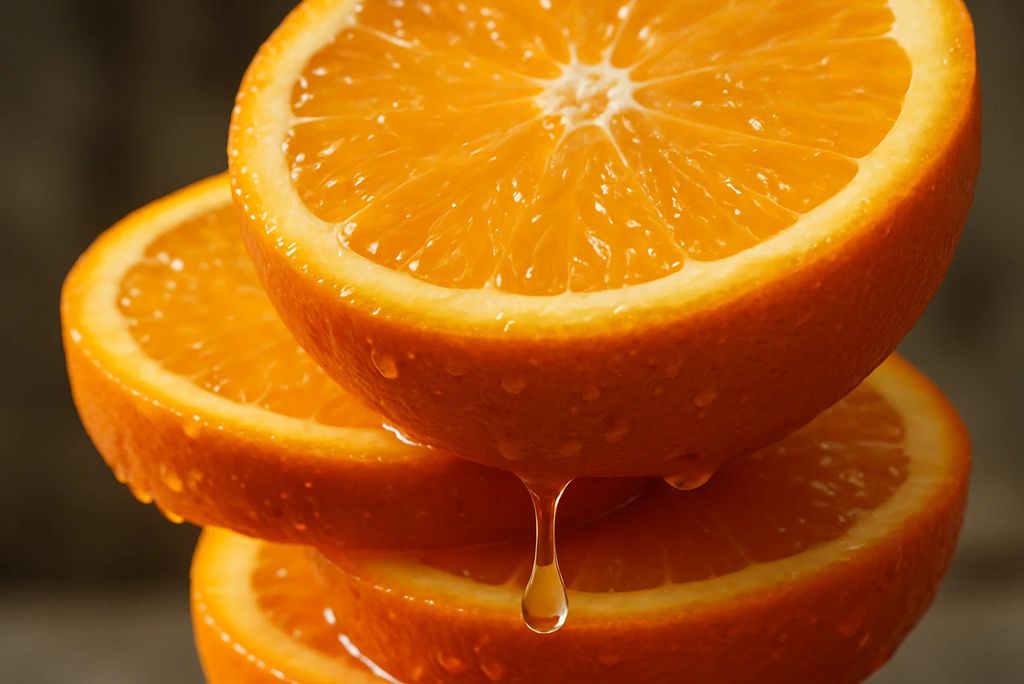
Oranges are about 87% water and are packed with vitamin C, potassium, and fiber. They’re perfect for snacking or juicing and help replenish electrolytes lost through sweat. Their natural sugars provide quick energy, while their acidic tang refreshes the palate. The white pith under the skin adds fiber and additional nutrients. Compared to sports drinks, oranges offer hydration with nutrients, not just sugar.
6. Peaches
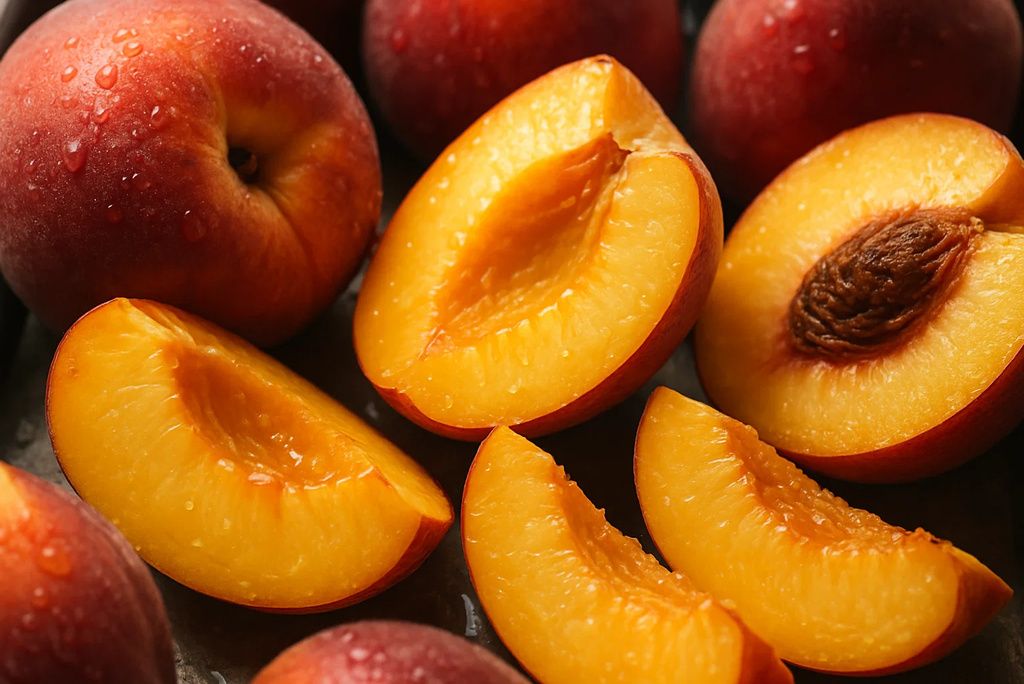
Peaches contain approximately 89% water and offer a juicy bite of hydration with nutrients like vitamin A, vitamin C, and potassium. They support skin health and immune function while keeping you full and hydrated. Peaches also contain antioxidants like lutein and zeaxanthin that support eye health. Compared to canned peaches in syrup, fresh peaches deliver hydration and health without added sugar or preservatives.
7. Mangoes
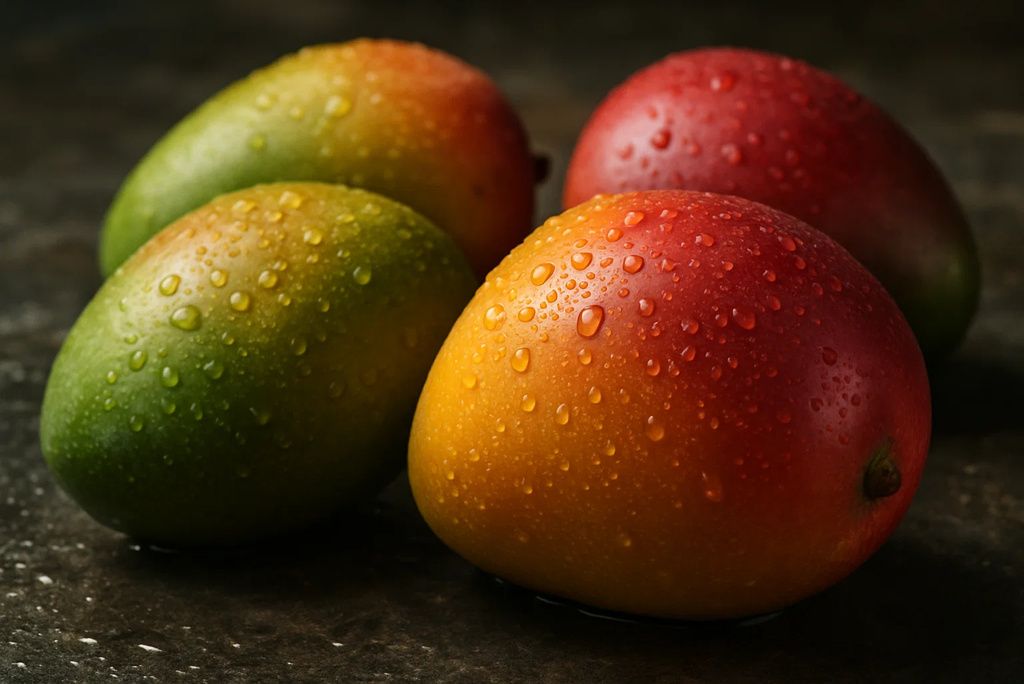
Known as the “king of fruits,” mangoes contain about 83% water and are bursting with vitamin A, vitamin C, and fiber. Their high antioxidant content supports eye and skin health, making them a summer staple. Mangoes are also rich in digestive enzymes that improve gut health significantly. They’re perfect in smoothies, salads, or eaten raw. Compared to mango-flavored drinks, fresh mangoes hydrate naturally with far more nutrients. Source: Healthline
8. Grapefruit
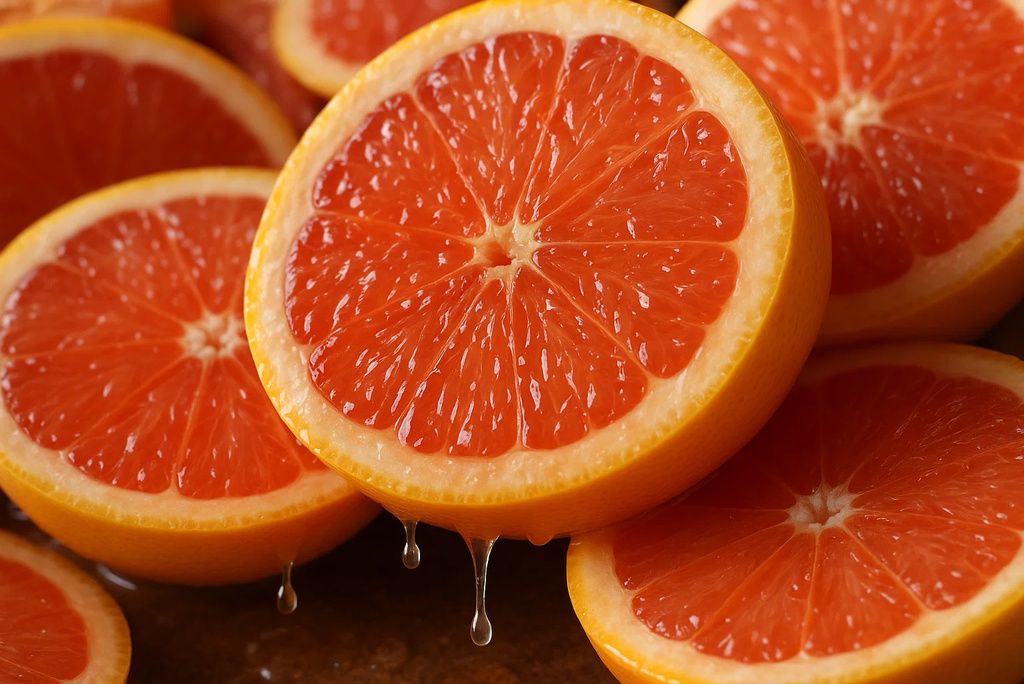
Grapefruit boasts a 91% water content and is a great low-calorie fruit rich in vitamins A and C. It supports metabolism and helps lower insulin levels, which may benefit weight management. It also contains compounds like naringenin, which may support liver function. Enjoy it halved for breakfast or juiced for a tangy refreshment. Be mindful of medication interactions, but otherwise, it’s one of the best hydrating citrus fruits around. Source: Mayo Clinic
9. Cantaloupe (Muskmelon)
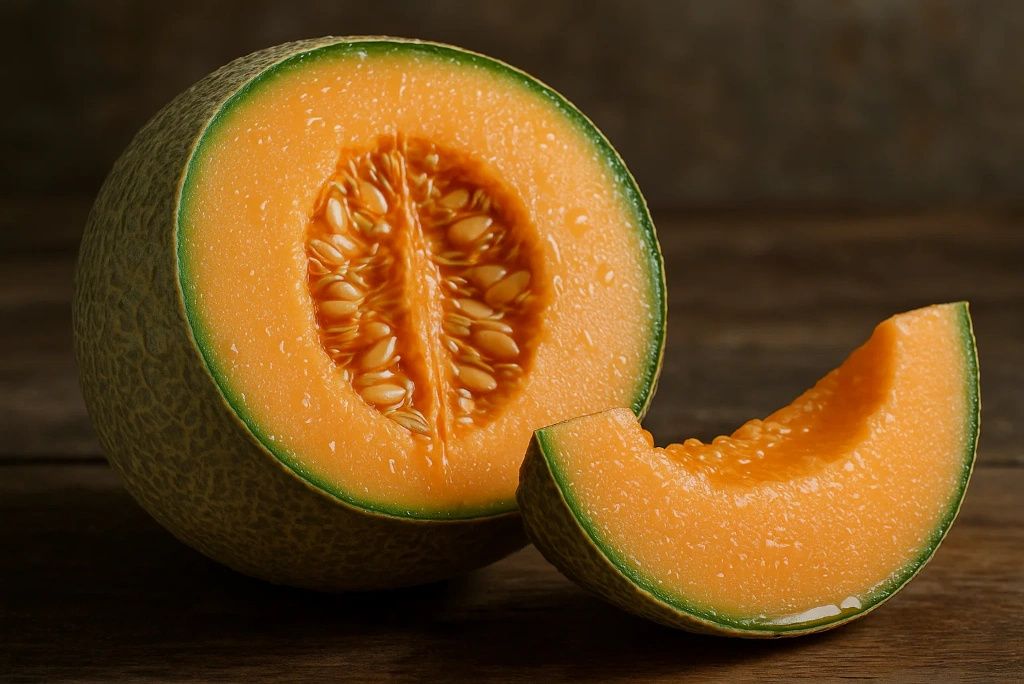
With a water content of around 90%, cantaloupe is a delicious source of hydration loaded with vitamin A and beta-carotene. It’s especially good for skin and eye health during sun-heavy months. It also supports digestion and detoxification through its rich fiber and water combination. Serve it chilled or in fruit salads. Compared to calorie-rich desserts, cantaloupe offers sweet satisfaction with cooling benefits and minimal sugar.
10. Blueberries
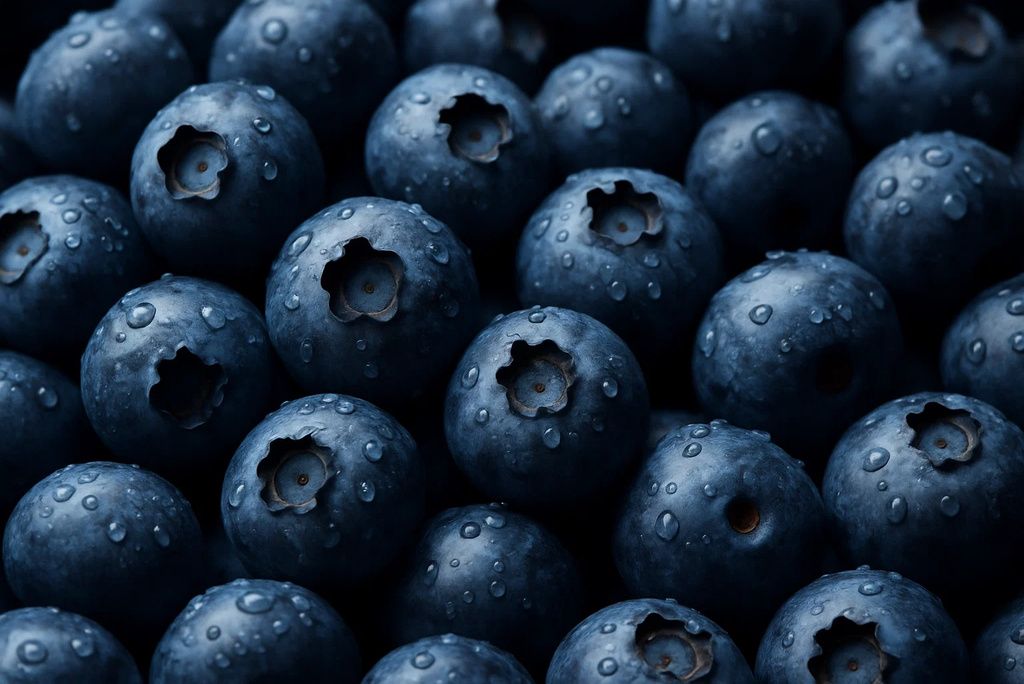
Though small, blueberries pack 84% water and are loaded with antioxidants, particularly anthocyanins that improve cognitive and cardiovascular health. They’re great for snacks, breakfast toppings, or smoothies. Their low glycemic index makes them a smart snack choice for everyone. A study links blueberry consumption to delayed brain aging. While not the most water-rich, their additional health benefits make them an essential summer addition. Compared to dried versions, fresh blueberries offer more hydration and less sugar. Source: Tufts University
11. Cherries
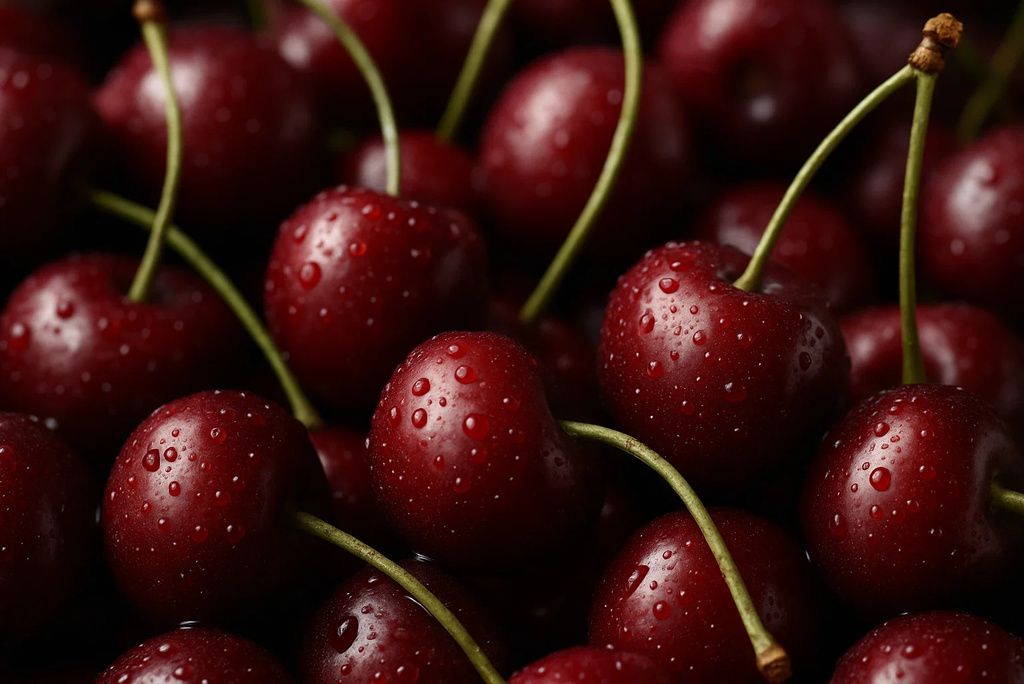
Cherries contain about 82% water and are rich in antioxidants and melatonin, which help with inflammation and sleep regulation. They’re also high in potassium, making them great for rehydrating muscles post-exercise. Cherries also offer flavonoids that help fight oxidative stress and aging. Enjoy fresh cherries as a snack or dessert alternative. Compared to sugary snacks, cherries hydrate and heal at the same time.
12. Kiwi
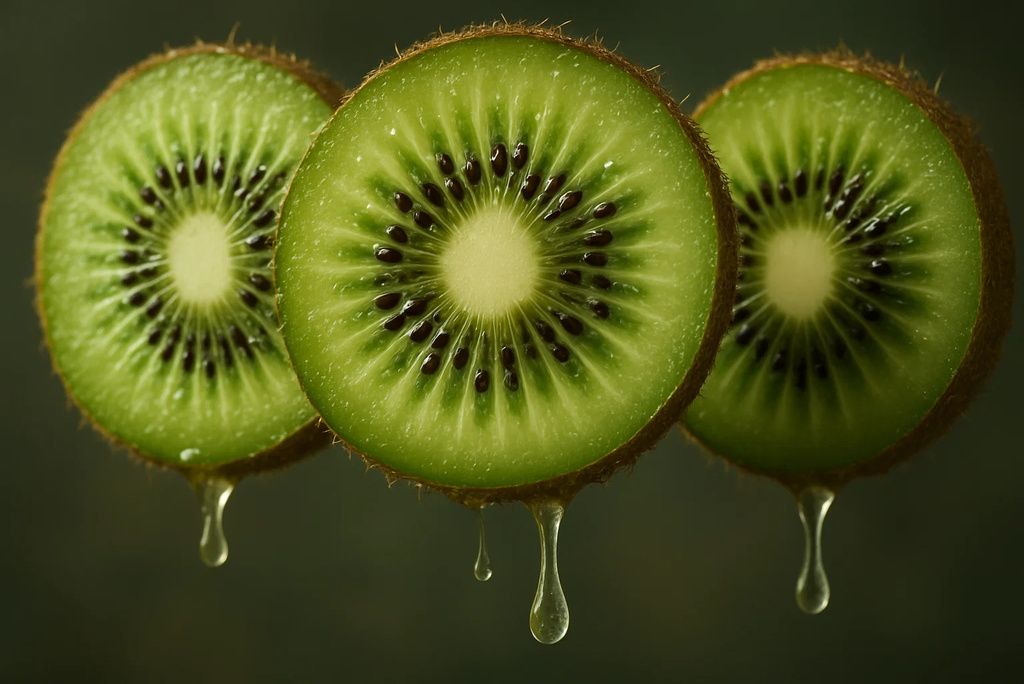
Kiwi has roughly 83% water content and offers high amounts of vitamin C, vitamin K, and potassium. Its fiber content supports digestion while promoting hydration. Kiwis also contain enzymes that help break down protein and aid absorption. Slice it into salads or scoop it fresh with a spoon. Compared to fruit juices, fresh kiwi offers superior hydration and less sugar per serving.
13. Plums
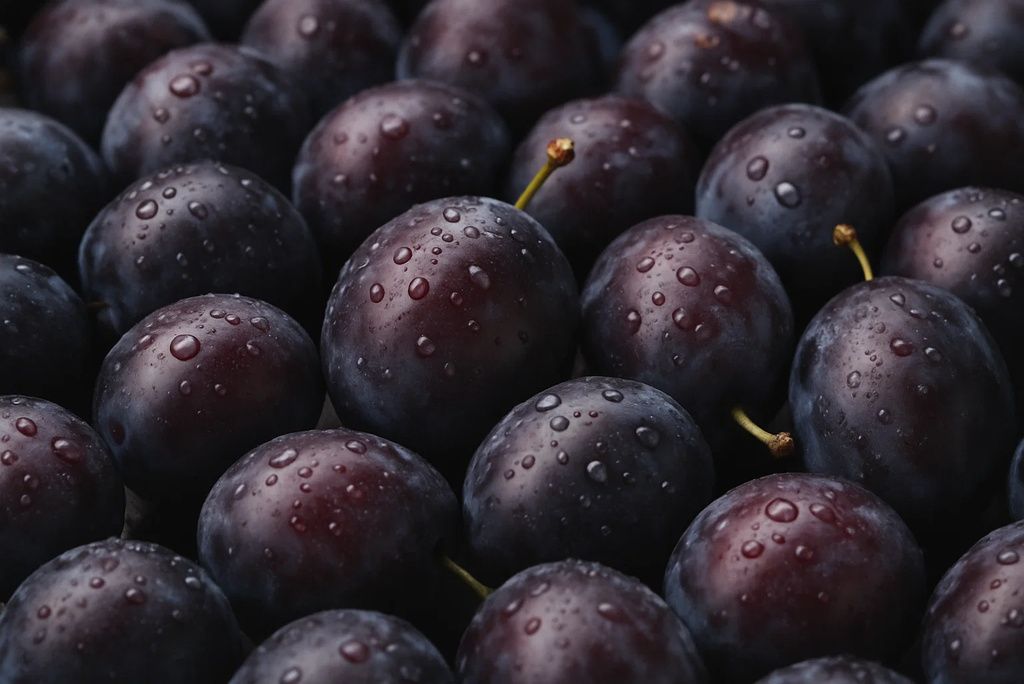
Plums consist of about 85% water and contain vitamin C, potassium, and antioxidants that help reduce oxidative stress. They aid digestion and support blood sugar regulation. Their deep color is due to polyphenols that promote heart and cellular health. Snack on them raw or use them in refreshing fruit compotes. Unlike sweetened dried plums (prunes), fresh plums hydrate with fewer calories and more water.
14. Lychee
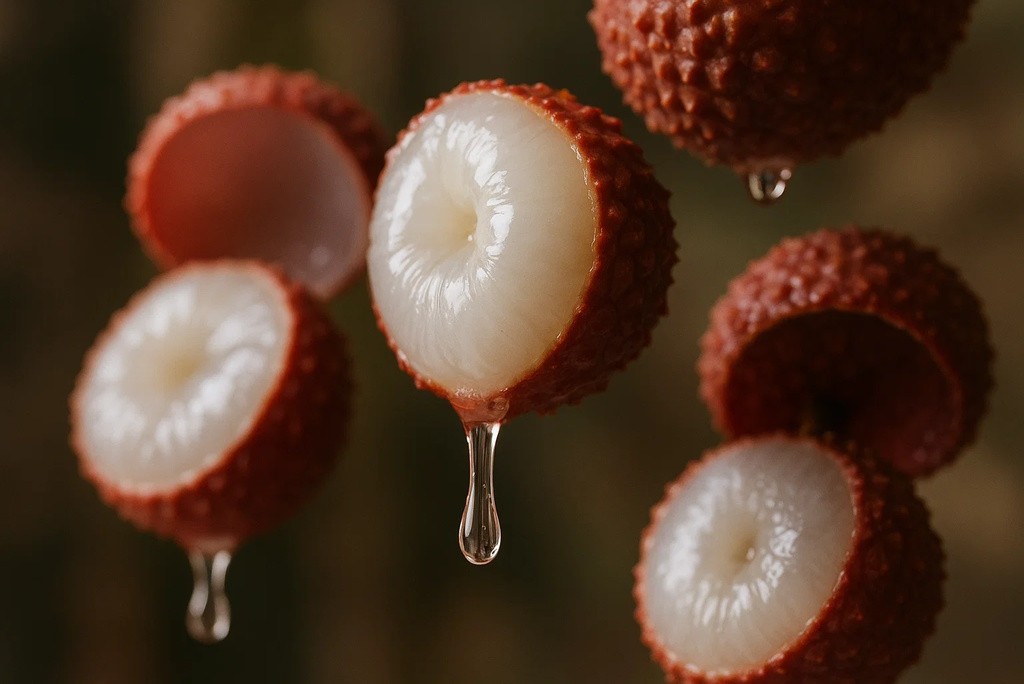
Lychees are made up of 82% water and offer vitamin C, potassium, and polyphenols that help fight oxidative stress. Their sweet, floral taste makes them a unique and exotic hydration option. Lychees also contain copper, which supports red blood cell formation and oxygen transport. They can be enjoyed fresh, in desserts, or in smoothies. Unlike canned lychees in syrup, fresh ones offer hydration without excess sugar.
15. Papaya
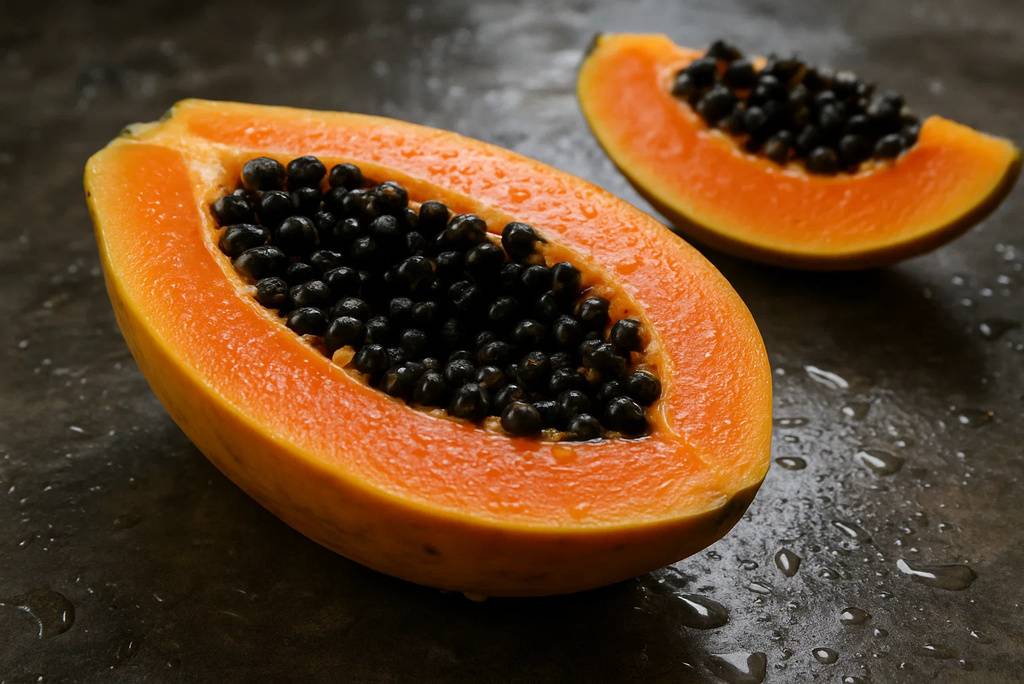
Papaya contains about 88% water and supports hydration, digestion, and skin health due to its enzyme papain and vitamin C content. It also offers folate and carotenoids that support heart and eye wellness. Enjoy it sliced or in tropical salads. Compared to high-calorie tropical treats, papaya provides hydration with digestive aid benefits.
Disclaimer: This article is for informational purposes only and does not constitute medical advice. Always consult a healthcare provider before making significant changes to your diet, especially if you have medical conditions or are on medications.

